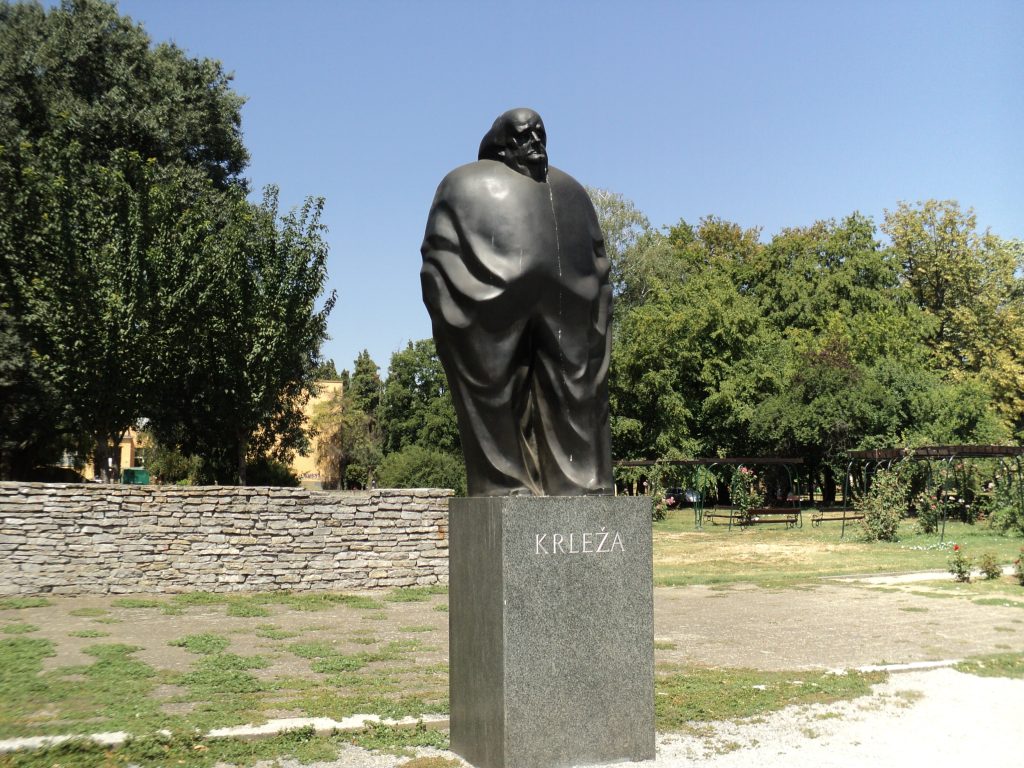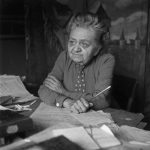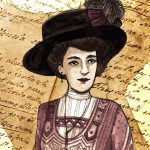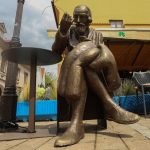December the 13th, 2023 – How much do you know about the Croatian novelist Miroslav Krleža? Also a playwright, poet, philosopher, cultural critic and essayist, he is widely considered to be the greatest Croatian writer of the 20th century.
He refused to join the Partisans after Dr. Ante Pavelić took power
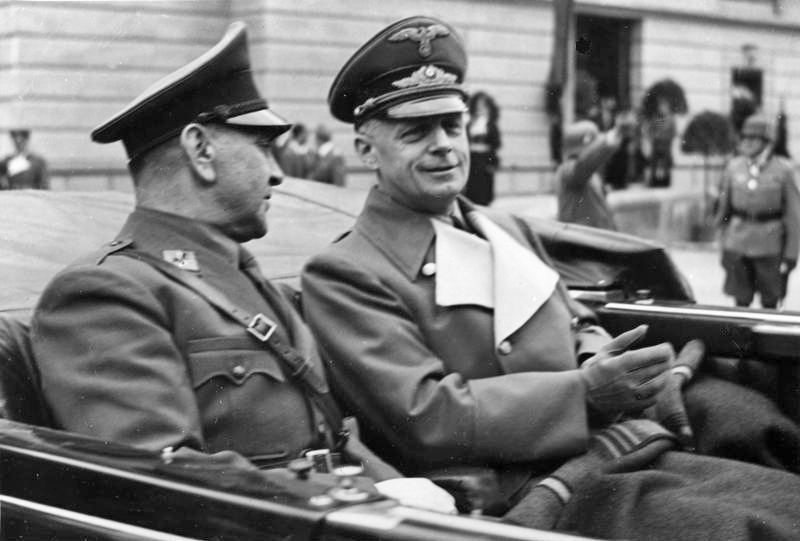
– Dr. Ante Pavelic with German Foreign Minister Joachim von Ribbentrop
In April 1941, the formation of the Independent State of Croatia was formed. This puppet state belonged to the group of Axis nations who had aligned to some extent or another with Hitler’s Germany. Constantly stuck between the rocks and hard places of fascism and communism, Croatia has been passed from pillar to post throughout the centuries, changing hands and indeed political inclinations often dramatically. Krleža, despite having once been a member of the Communist Part of Yugoslavia (albeit much before, in 1918), was opposed to Socialist realism, he refused to join Josip Broz Tito’s Partisans. The two shared a strange history, as it was Tito who was sent to mediate between leftist journals and Krleža long before 1941 rolled around.
Croatian novelist Miroslav Krleža’s refusal to join the Partisans saw him more or less ostracised after 1945 when the political tide changed markedly for Croatia once again. The brief period of the reign of the Independent State of Croatia was over, and social stigmatisation set in. By 1947 however, Miroslav Krleža was appointed the vice-president of the Yugoslav Academy of Sciences and Art in Zagreb, and later on he became the president of the Yugoslav Writers’ Union.
He was the brief president of the Yugoslav Writers’ Union
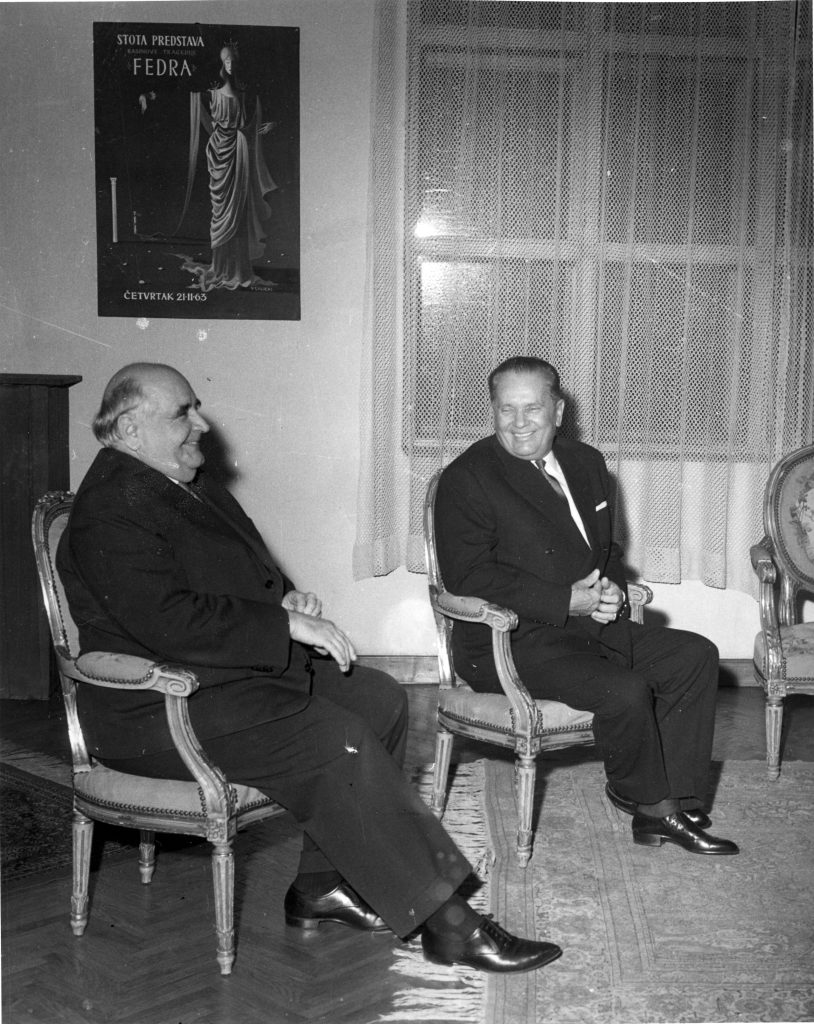
Miroslav Krleža (left) with Josip Broz Tito
As stated above, from 1958 to 1961, Croatian novelist Miroslav Krleža held the post of president of the Yugoslav Writers’ Union, remaining closely connected to Josip Broz Tito. It was precisely Tito’s unwavering support for the essayist and cultural critic that saw him able to found the Yugoslav Institute for Lexicography. He remained at the head of this institution, which was later renamed the Miroslav Krleža Institute for Lexicography, until his death in 1981.
He won the Herder Prize
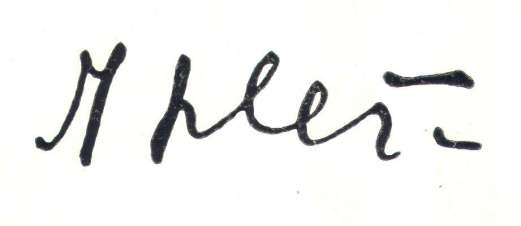
In 1968, Croatian novelist Miroslav Krleža won the Herder Prize. No longer awarded, this formerly prestigious prize was awarded to Central and Southeastern European artists scholars until 2006. It was named after celebrated German thinker and philosopher Johann Gottfried Herder and was awarded to those who were deemed to have contributed to the cultural understanding shared between (then somewhat warsome) European countries.
He dominated Croatian and Yugoslavian cultural life for half a century
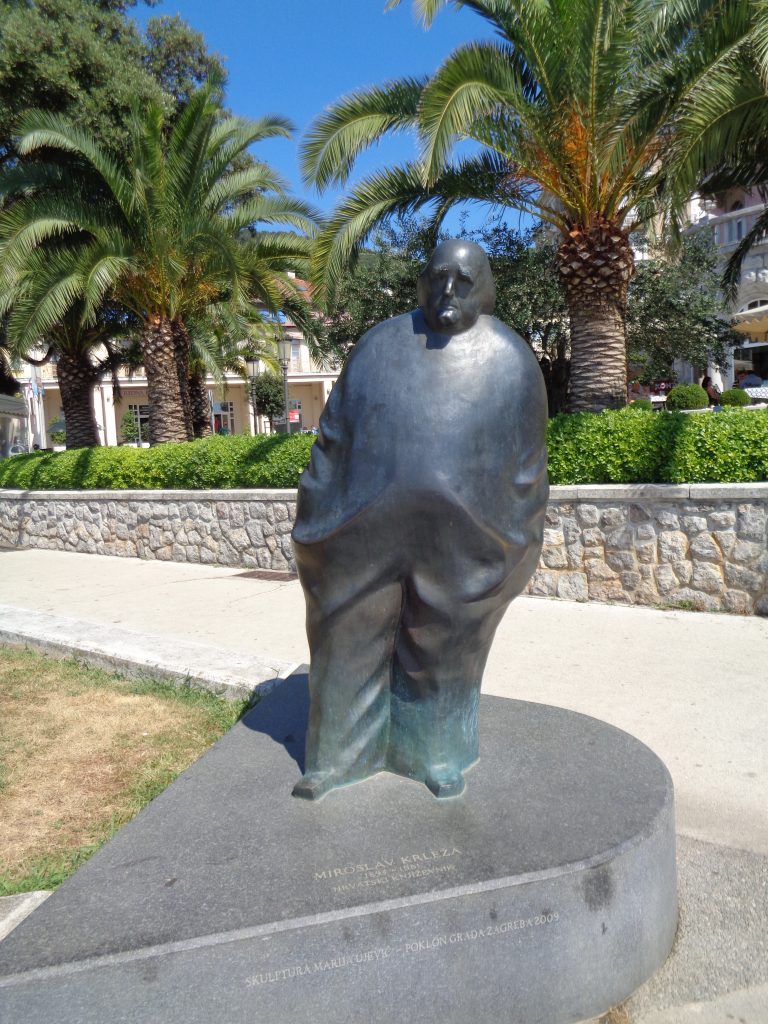
Very few famed Croats can walk the line of influencing both national and former Yugoslavian culture so successfully. The two are traditionally at odds. Miroslav Krleža, however, is one of the rare exceptions to this rule. Politically controversial and a very prominent modernist writer, he was the main driving force behind leftist literary reviews and was a constant adviser to Tito on cultural affairs. Despite his political and social leanings, he was heavily criticised in communist circles of the time.
One of his most poignant works, also deemed the most important, is his collection of short stories named the Croatian God Mars (Hrvatski bog Mars). This collection was a strongly anti-war piece of literature focused on the plight and suffering of Croatian soldiers in the First World War.
His work, The Banners (Zastave), was dubbed “the Croatian War and Peace”
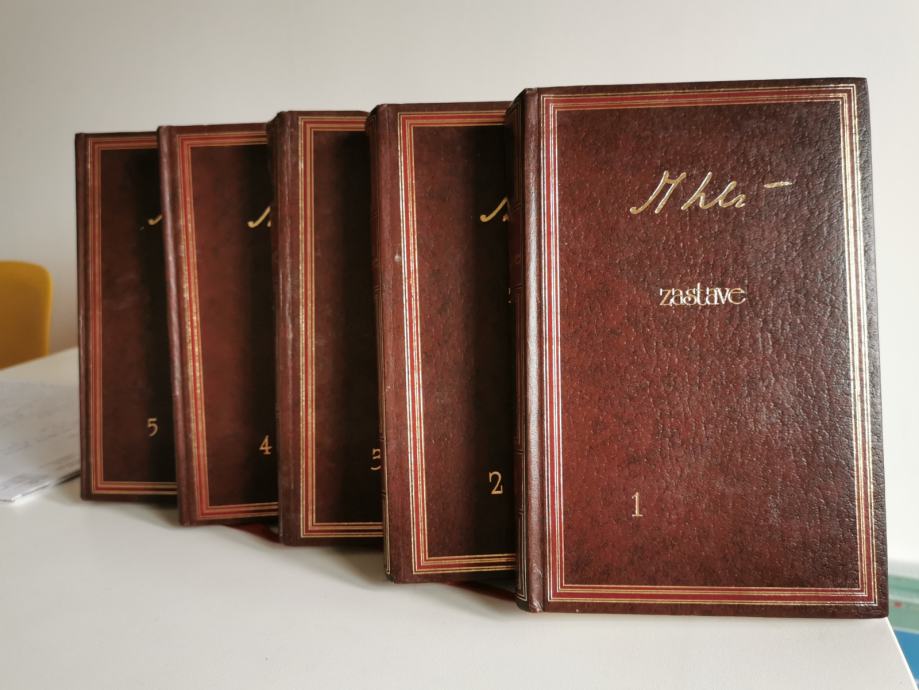
Focused again on the First World War and its tumultuous aftermath, this work has been celebrated for a great many years. Referred to in literary circles as the Croatian War and Peace, this work had an exceptionally powerful impact on the Croatian public.
Spanning over 1800 pages, Zastave is written in several volumes, and the political theme of the novel opens a broad historical perspective on the life of the Croatian, Serbian and Hungarian generations born between the sixties and nineties. In a period tarnished by immense political upheaval, wars and identity crises, the main characters and their individual destinies are swept along in dramatic political whirlwind like lost birds in a storm.

